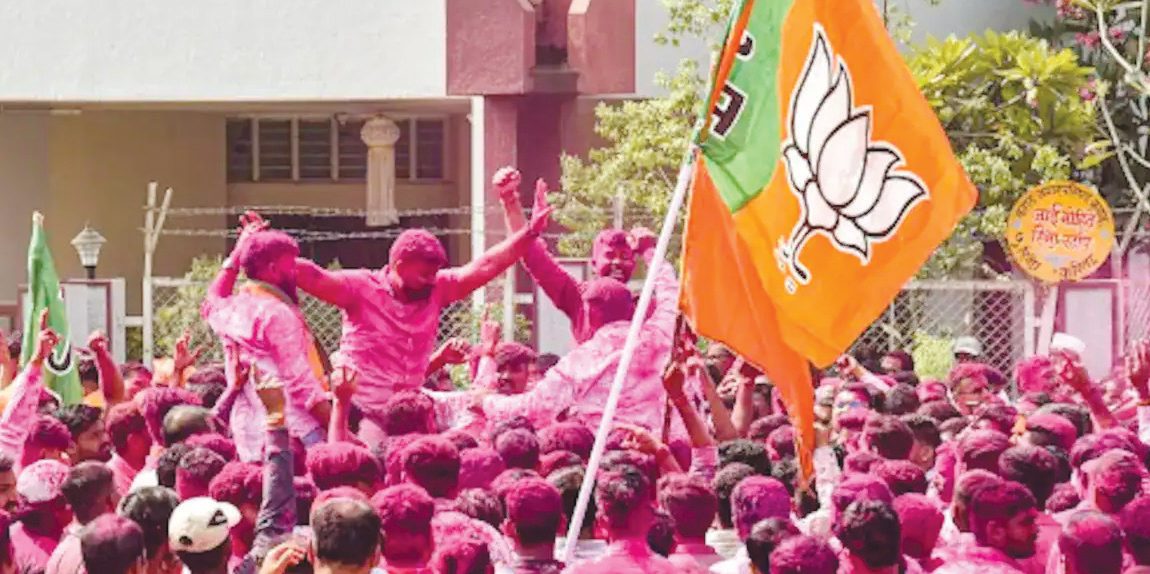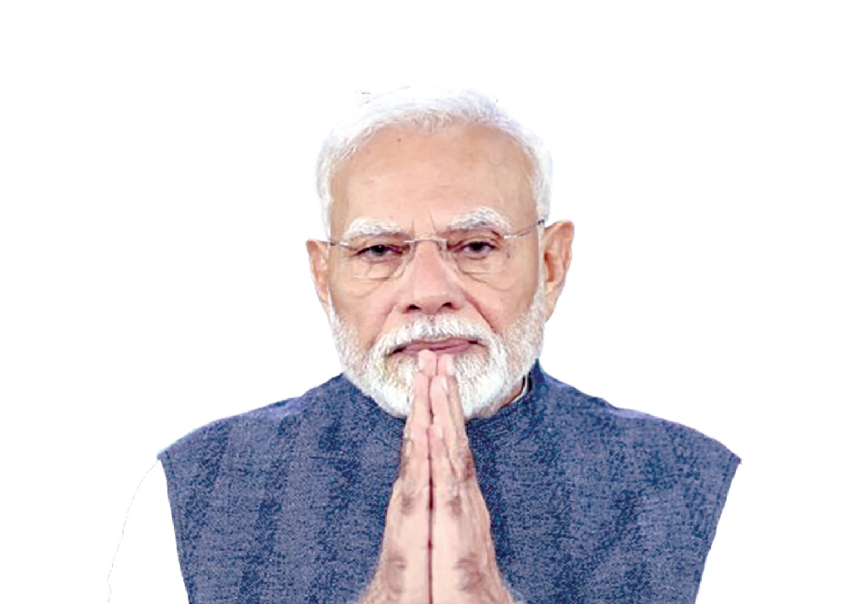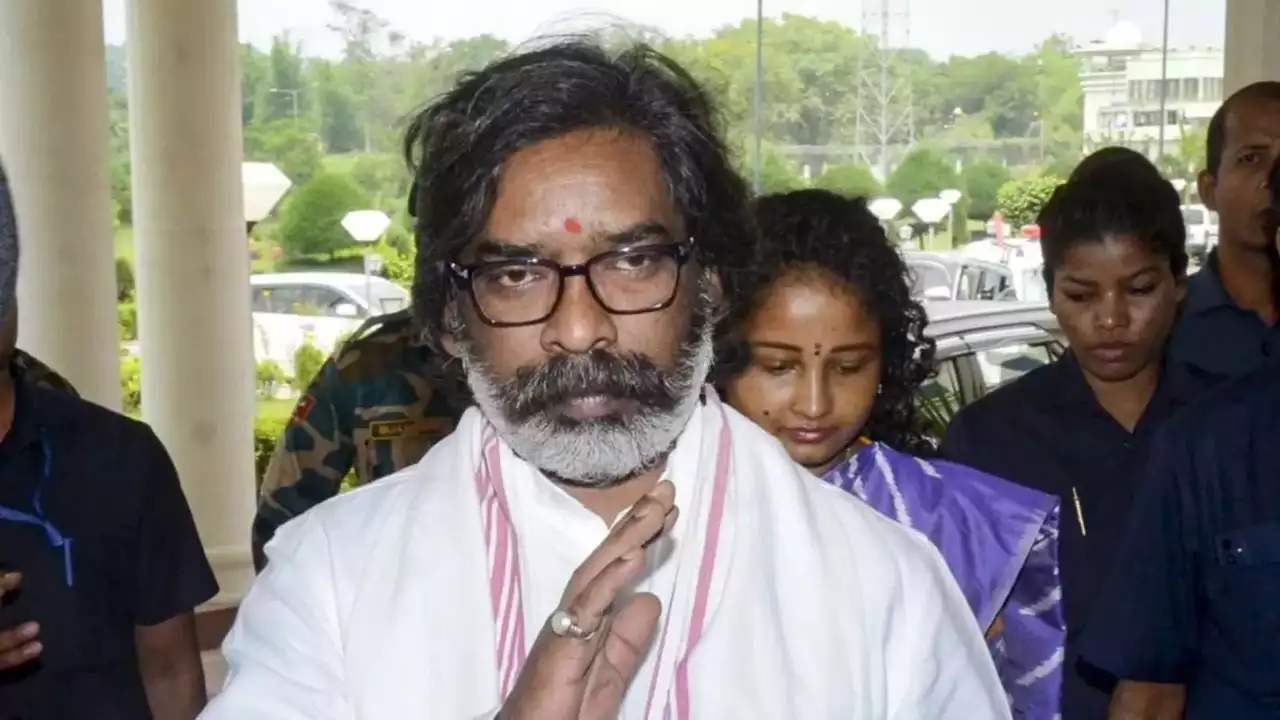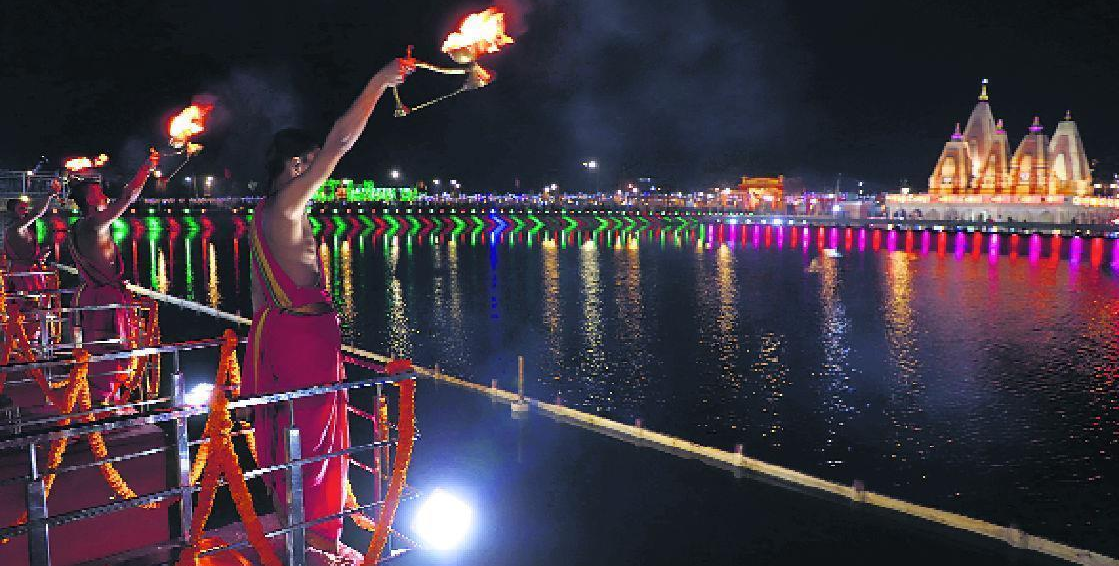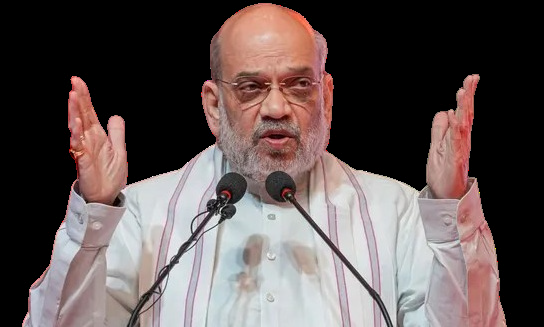
Congress ‘anti-Dalit’ party, it ‘insulted’ Kumari Selja, says Shah in Haryana
Chandigarh, PTI: Union Minister Amit Shah on Monday launched a scathing attack on the Congress, calling it an “anti-Dalit” party and said it “insulted” Dalit leaders like Kumari Selja and Ashok Tanwar. Shah also lashed out at Congress leader Rahul Gandhi for his remarks on reservation and asserted that if there is anybody who can protect the quota, it is only Prime Minister Narendra Modi. The Union Minister further took on Rahul for his remarks made in the USA concerning the Sikh community and asked him to apologise. Shah was addressing a poll rally at Tohana in Fatehabad district for the October 5 Haryana Assembly elections. “The Congress party is an anti-Dalit party.
I want to remind (Bhupinder Singh) Hooda ji and Rahul baba about the 2005 Gohana incident. Who was responsible for this? It was the Congress,” said Shah as he also referred to the 2010 Mirchpur incident. Under the Congress rule, people were deprived of jobs in the reserved category with “not found for suitable” claims, he said. In the Gohana incident, a few homes of Dalits were set on fire after a Dalit in the village was suspected of being involved in a murder. In the Mirchpur incident, on April 21, 2010, a group of villagers had allegedly torched more than a dozen houses belonging to Dalits. A teenage girl and her father were charred to death in the incident. Bharat Ratna was not given to Dr B R Ambedkar until the Congress went out of power, he further said. “The Congress always insulted Dalit leaders, be it Ashok Tanwar (who is now in the BJP) or sister Kumari Selja.
The Congress insulted everyone,” he further alleged. The ruling BJP has been targeting the Congress over Dalit leader Selja staying away from the poll campaign. Recently, Union Minister Manohar Lal Khattar had invited Selja to join the BJP amid reports that she was staying away from the campaign for the assembly polls. Referring to Gandhi’s remarks on reservation, Shah said, “Rahul Gandhi spoke in America that there was no need for reservation after development.
 English daily published in Bengaluru & Doha
English daily published in Bengaluru & Doha

